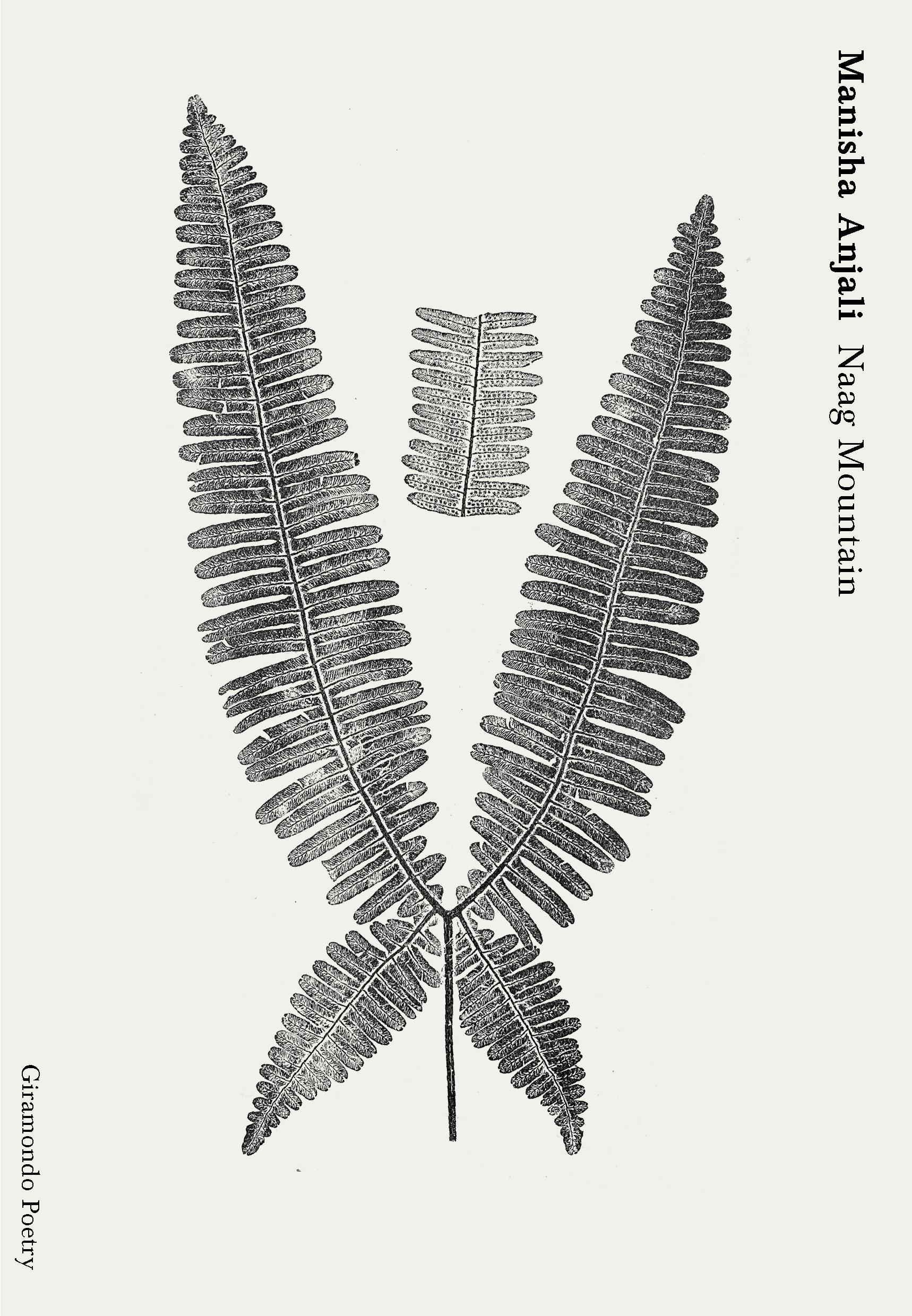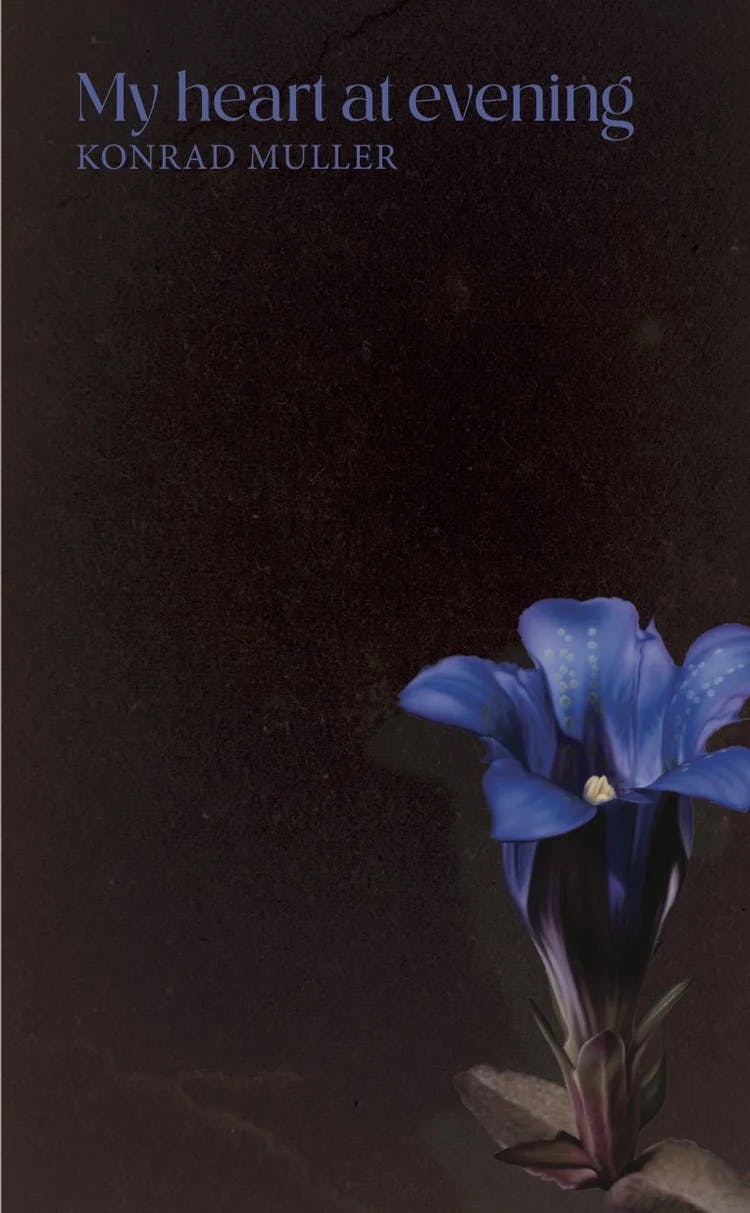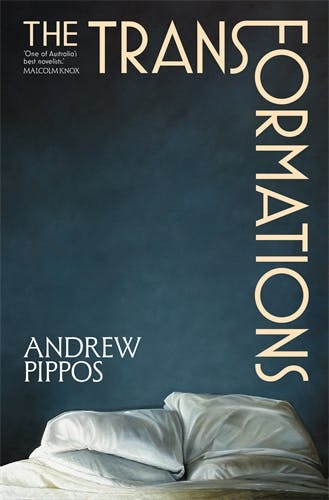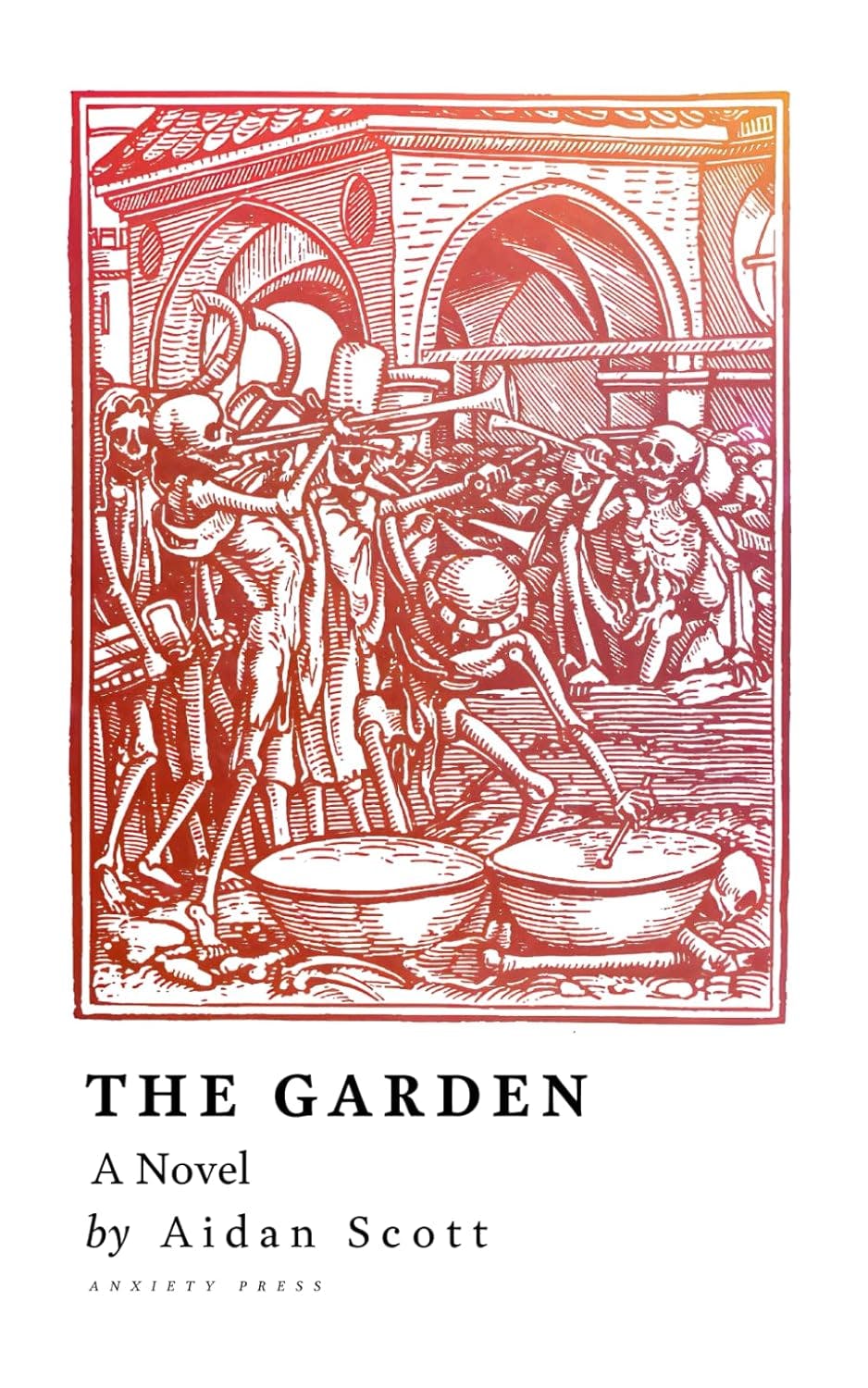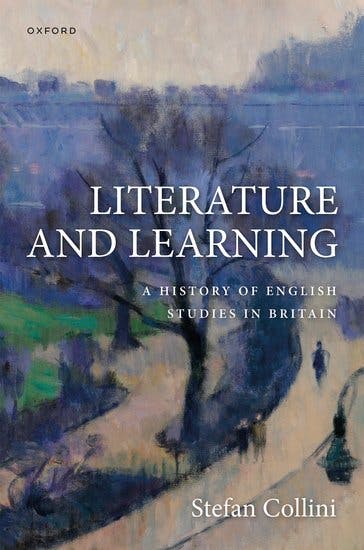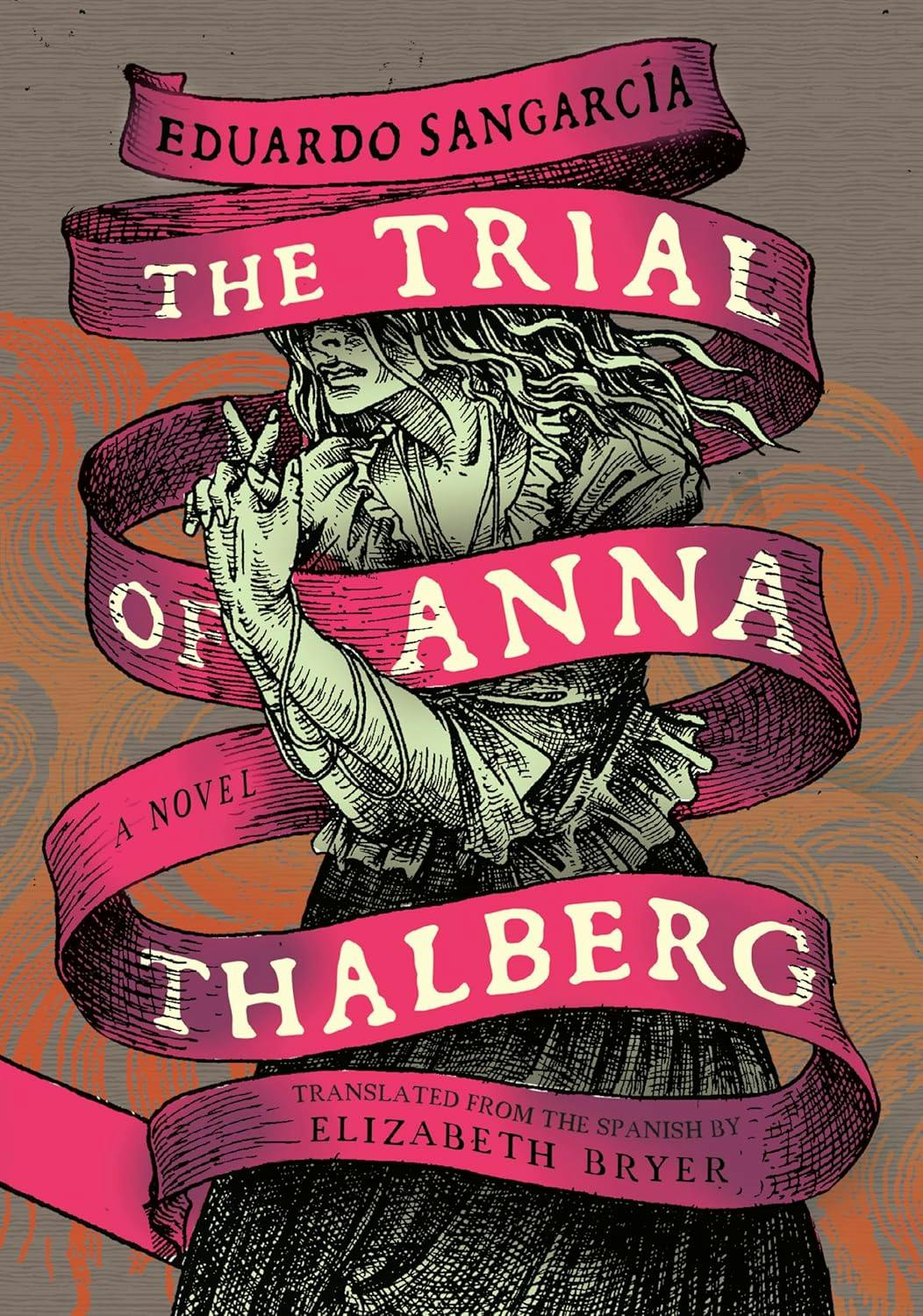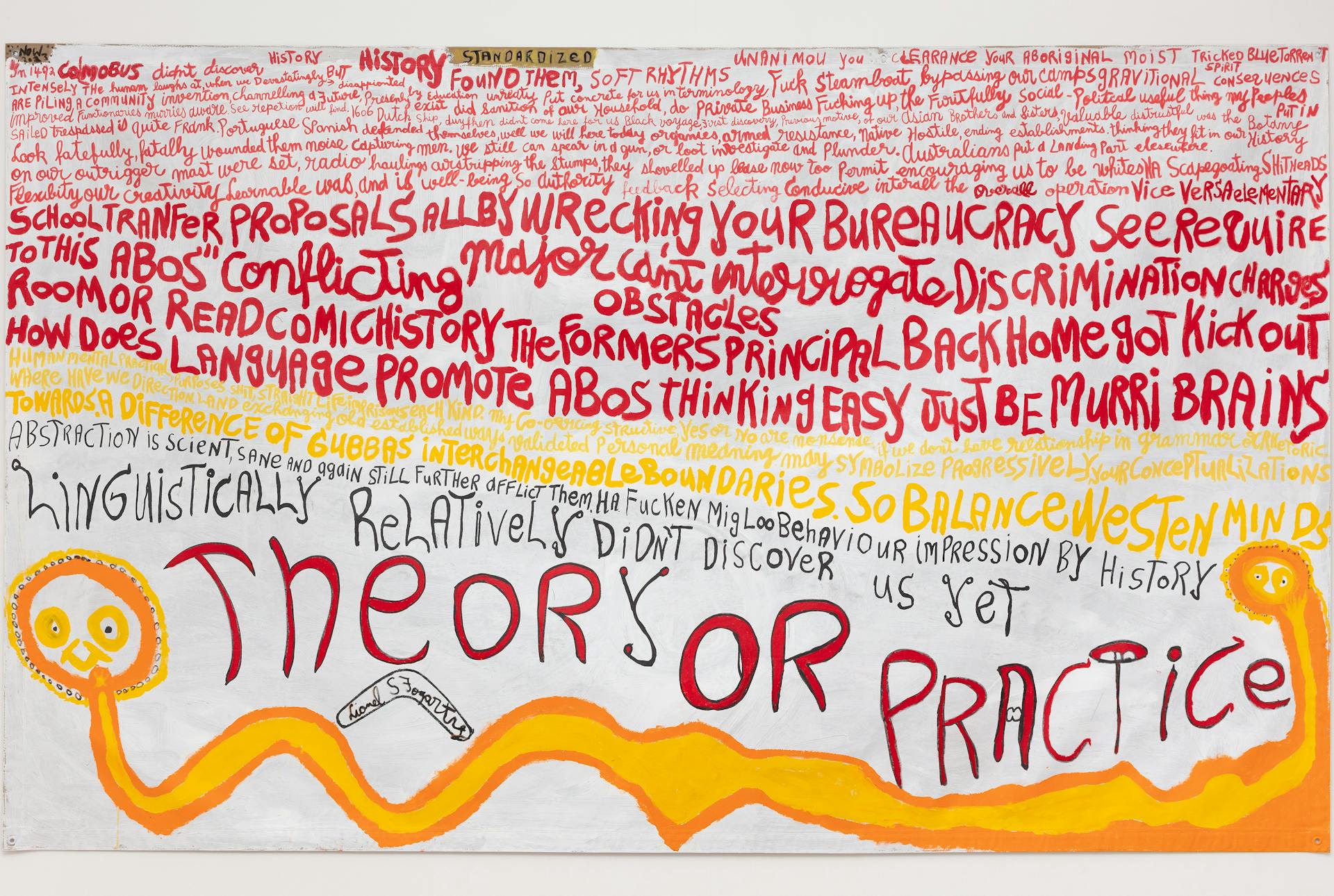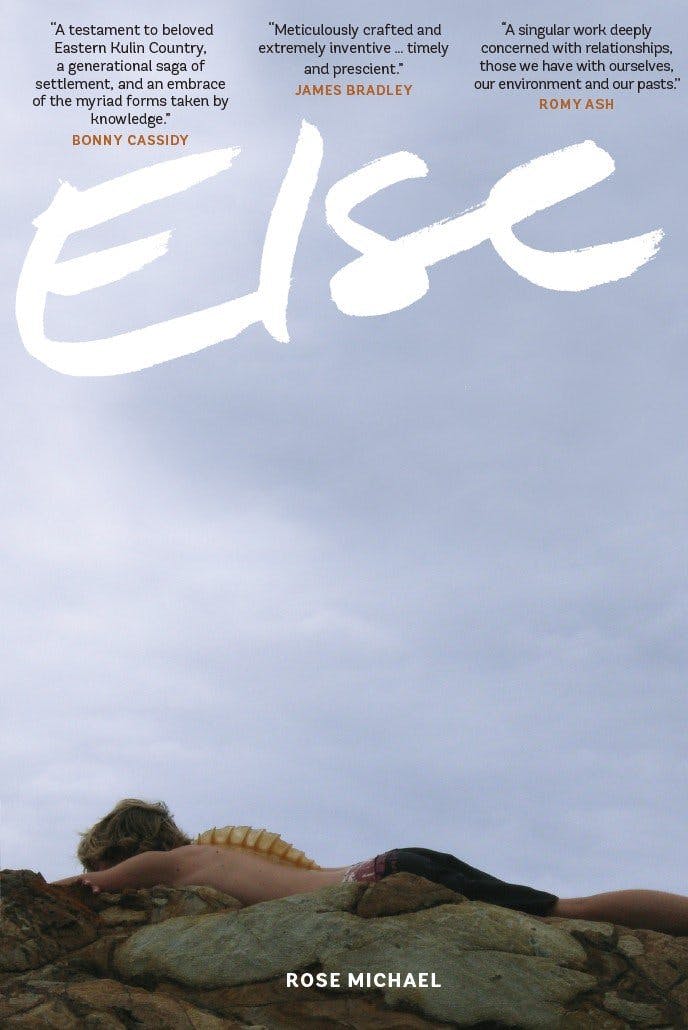
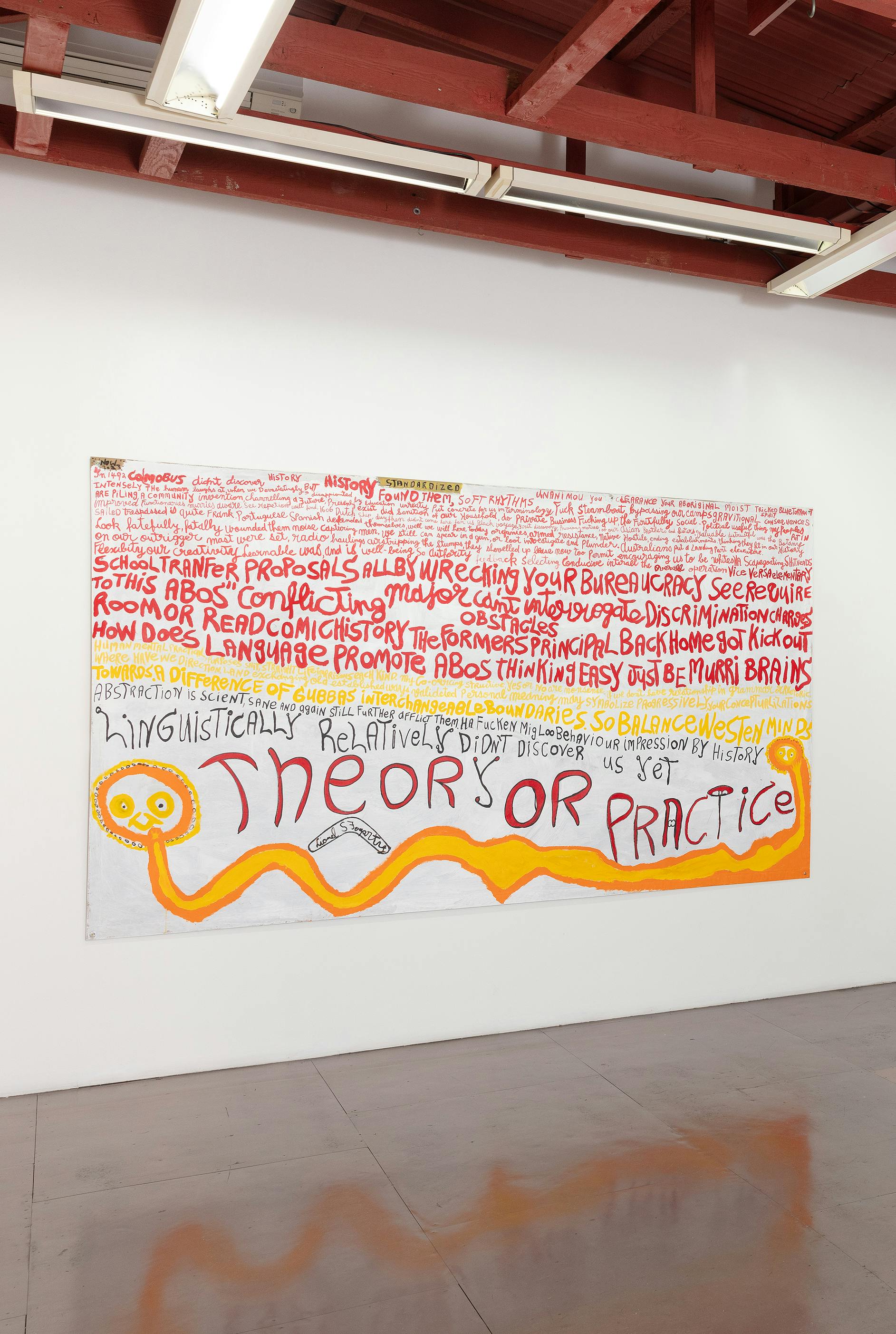
In Memory of Lionel Fogarty (1957-2026)
On 12 February 2026, Mununjali poet, artist, and activist Lionel Fogarty died at the age of sixty-eight. In honour of Fogarty’s indefatigable commitment to justice and many-sided artistic legacy, we present a series of tributes to his life and work by fellow poets, artists, scholars, and publishers.
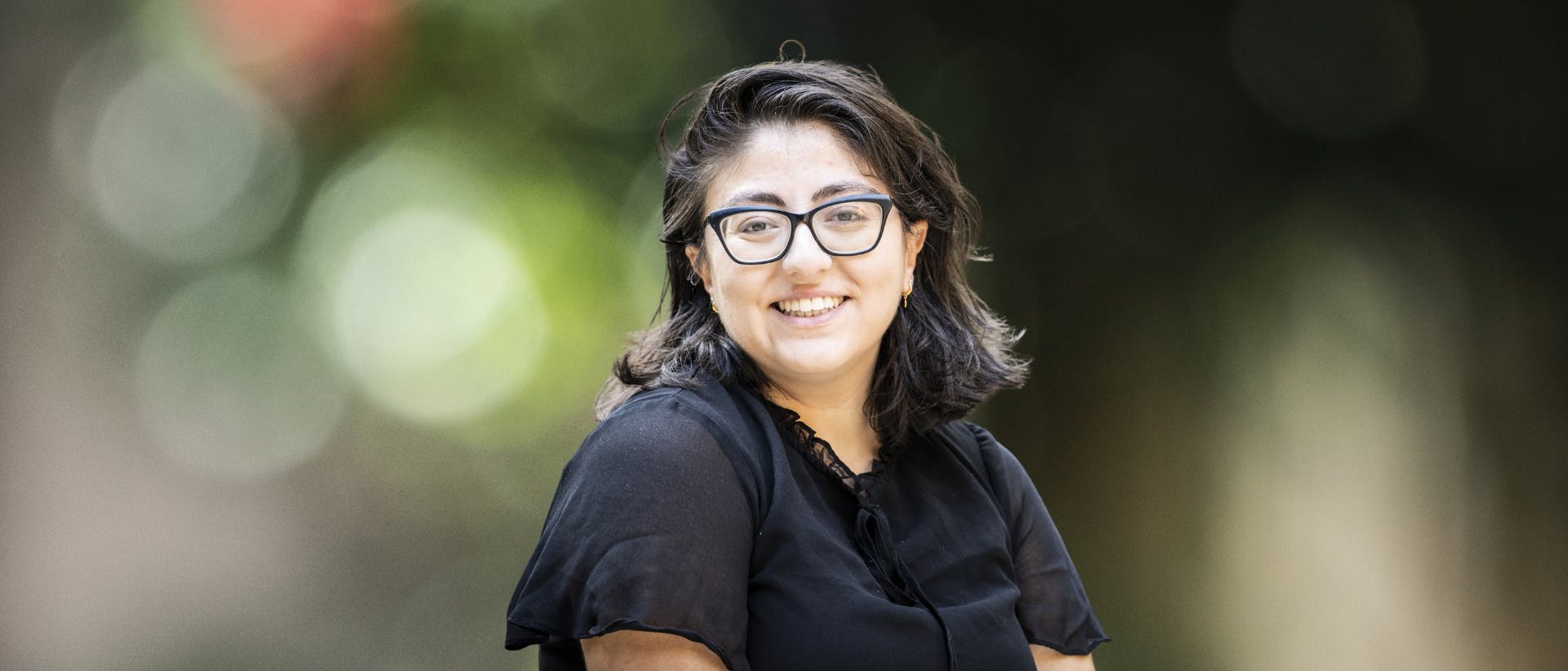
Eda Gaunydin is the new Parramatta Laureate in Literature
The Sydney Review of Books and the Writing and Society Research Centre at Western Sydney University are delighted to announce Eda Gunaydin as the new Parramatta Laureate in Literature, a program developed in partnership with the City of Parramatta.
Browse
The Latest
Reviews
More Reviews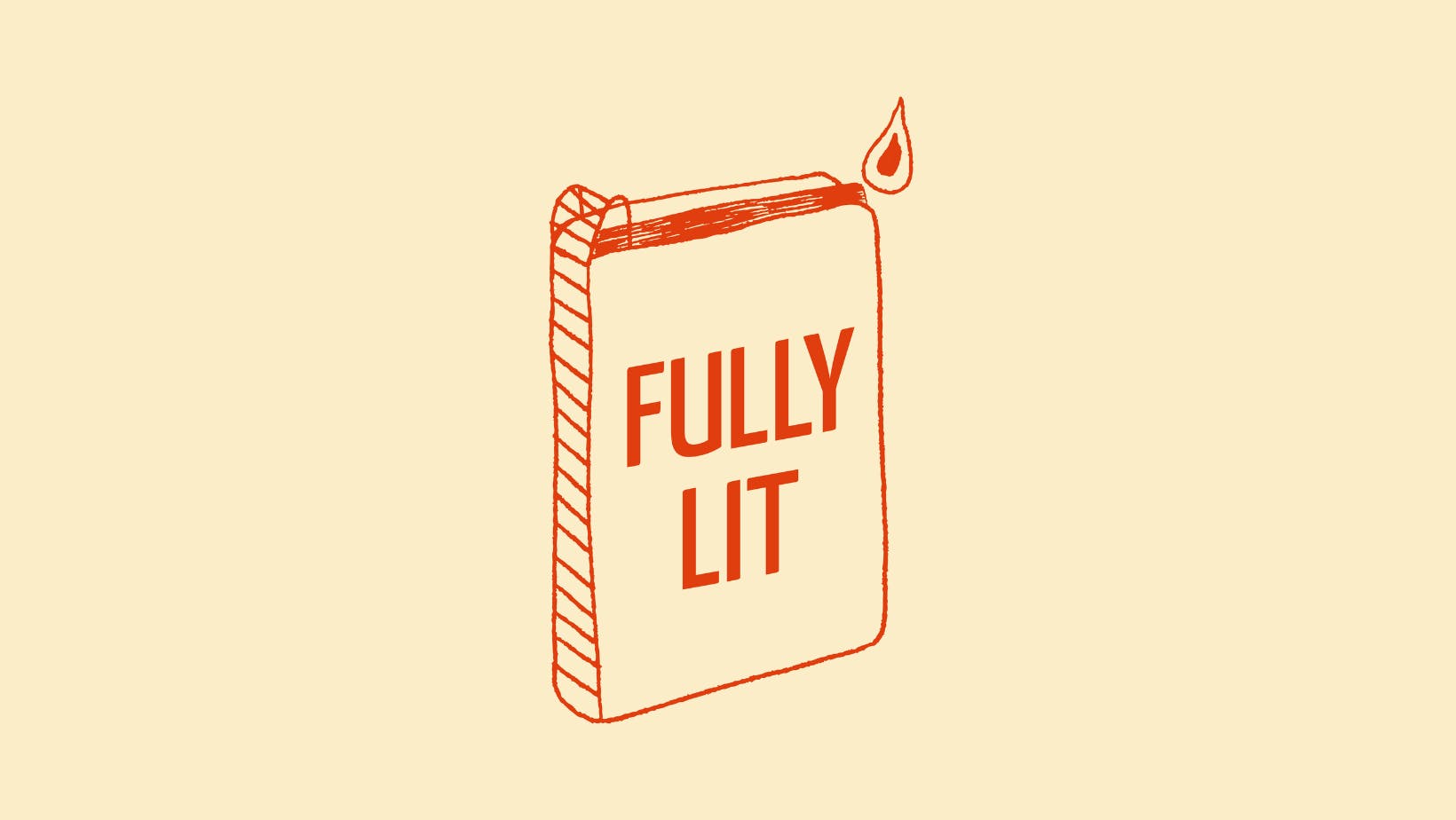
FULLY LIT: A podcast about Australian writing
A must-listen for anyone interested in the past, present, and future of Australian writing. Through longform discussions, richly sound designed readings, and a wealth of archival material, appreciate Australian literature as you've never done before: with a deeper sense of its history, cultural and political contexts, and place in the global publishing landscape.
